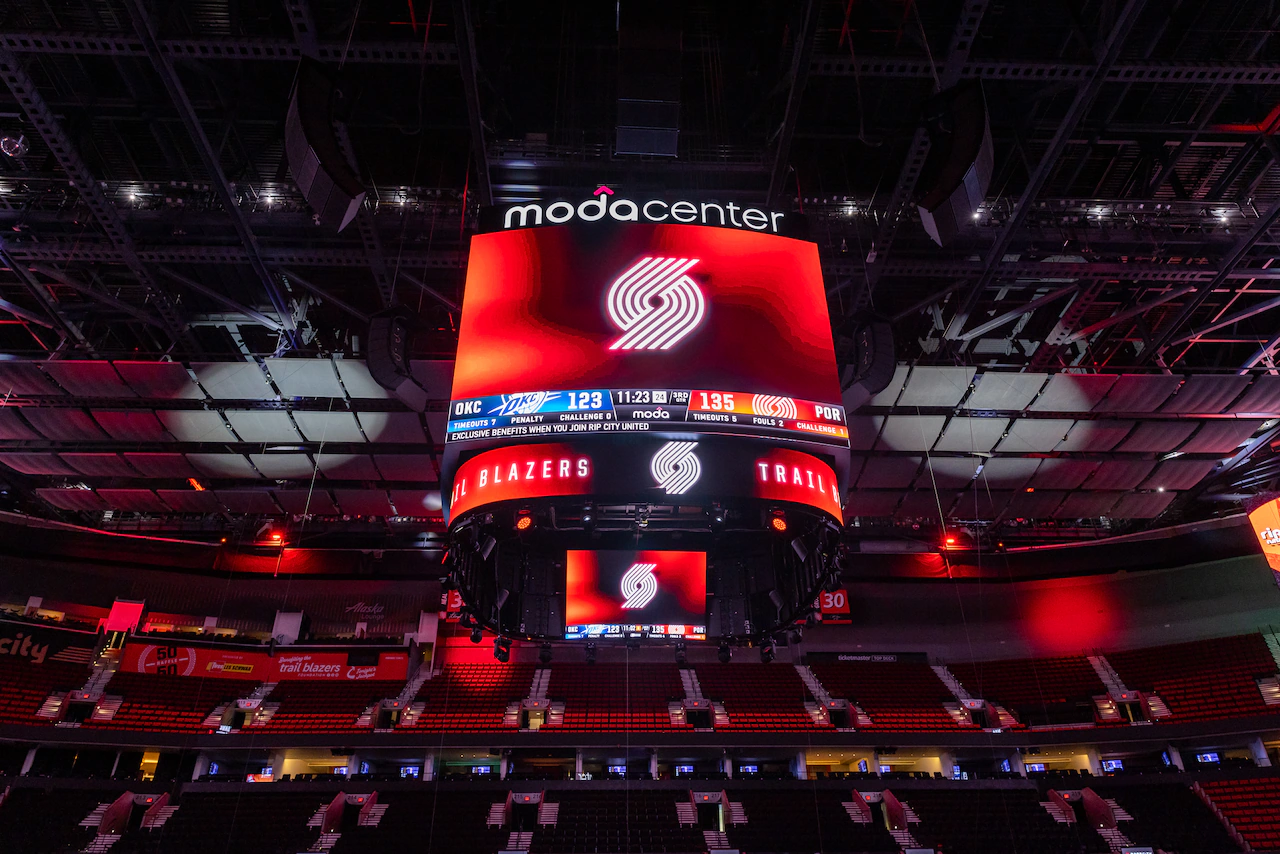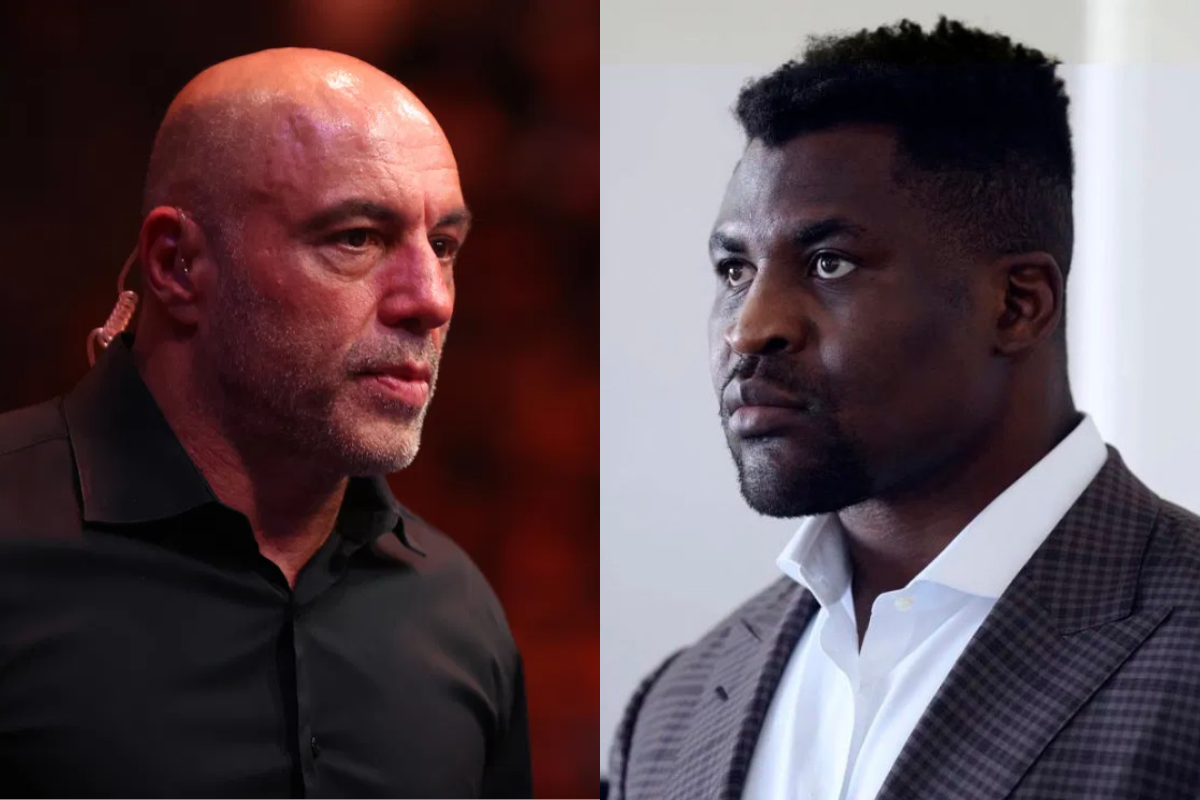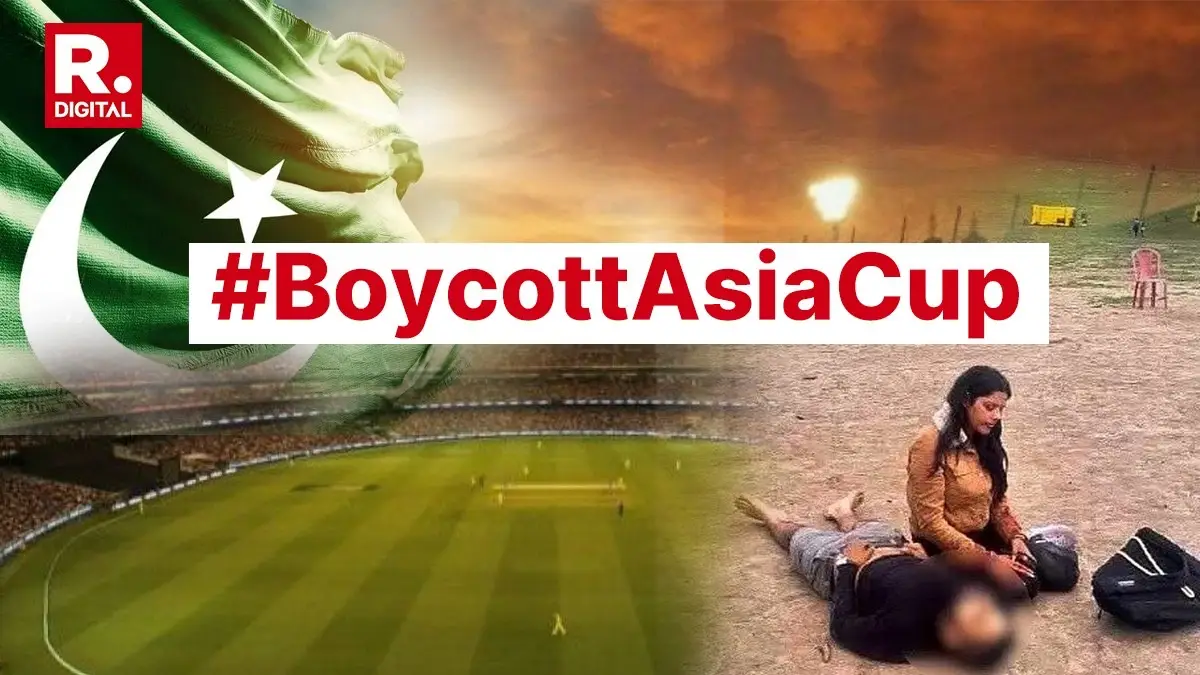
The high-stakes legal dispute over who is eligible to own a piece of the Portland Trail Blazers could be resolved much quicker than other big-dollar litigation.
A new lawsuit seeks to block an investment from the Panda Express founders who are part of the winning $4.25 billion bid from businessman Tom Dundon’s investment group.
RAJ Sports competed against Dundon to buy the Blazers. It claimed in a lawsuit filed Monday that it signed an exclusivity deal in July with Panda Express founders Andrew and Peggy Cherng to negotiate terms that would bring the couple into their investment group, even though they later moved into Dundon’s.
Given that the overarching deal could be affected by the lawsuit, and the choice of venue where the case is being litigated, legal experts expect it will be resolved quickly.
The lawsuit was filed in Delaware’s Court of Chancery, a court that’s “known for its speed,” said Keith Cunningham-Parmeter, a Lewis & Clark Law School professor.
The first legal decision that a judge will likely make is whether RAJ Sports, which is seeking to block an investment in the Blazers by the Cherngs, can get a temporary restraining order that would essentially pause their investment.
RAJ Sports owns Portland’s new WNBA franchise and the Portland Thorns soccer team. It’s led by siblings Lisa Bhathal Merage and Alex Bhathal.
A judge could issue a restraining order from the bench. Or there could be a hearing before a judicial decision. If there’s a hearing, it will probably happen within a month.
Lawyers for the Bhathals will have to convince a judge that they will suffer “immediate, irreparable injury” if the court doesn’t step in.
Essentially, they’ll need to argue that “if you don’t stop this in its tracks it’s going to be too hard to unscramble the eggs,” said Dorothy Lund, a Columbia Law School professor, who called it a high legal standard.
“This is not going to be something that’s easy for them to clear,” she said.
Lund spoke with The Oregonian/OregonLive before the lawsuit was made public. She had not reviewed court filings.
Whether or not RAJ Sports gets a restraining order, it said in the lawsuit it plans to seek an injunction, which could permanently bar the Cherngs from investing in the deal.
While the motion for a restraining order could happen quickly, the motion for a preliminary injunction might take a little longer, maybe a few months, said Steven Bank, a University of California, Los Angeles, School of Law professor, in an email.
Until Friday, the case was under seal. While the Cherngs haven’t yet responded to the lawsuit, they will most likely seek to have it dismissed, the typical opening move in a civil lawsuit.
The Cherngs haven’t spoken publicly or filed a legal response, leaving their side of the negotiations unknown.
But according to this week’s lawsuit, when the late Paul Allen’s estate put the Blazers on the market in May, the Bhathals started putting together a bid and spoke with the Cherngs about investing. The parties signed an exclusivity deal on July 24 as they worked to finalize terms, according to the lawsuit.
The Cherngs, whom Forbes estimates have a net worth of $7.7 billion, were expected to be the second-biggest investor and an “anchor” in the RAJ Sports bid, according to the lawsuit.
The Oregonian/OregonLive and others on Aug. 13 reported that Dundon’s group had reached a tentative deal to acquire the Blazers. Undeterred, the Bhathals worked to top Dundon’s bid, according to the lawsuit. And they thought they could do it with the Cherngs.
Between Aug. 22 and Aug. 28, representatives for the Bhathals and the Cherngs worked to finalize terms of a Cherng investment, according to the lawsuit. But a Cherng attorney noted surprise about pushback on certain deal points they wanted and said the family was “expecting more flexibility.”
The Cherngs’ attorney called “pencils down” on the deal Aug. 28, the lawsuit said. That “unexpected and unilateral end” to the investment discussion raised concerns that the Cherngs “were looking to join Dundon’s competing bid to acquire the Trail Blazers,” the lawsuit said.
“Such a final final-hour switch would doom” RAJ’s bid, the lawsuit alleged.
Alex Bhathal worked to smooth the waters. He called Andrew Cherng later that day and questioned if the Cherngs were in discussions with Dundon’s group. Cherng “unequivocally stated that no such conversations had occurred,” according to the lawsuit, and Cherng allegedly assured Bhathal that even though they “weren’t quite there yet” on the mechanics of their investment, RAJ could name the Cherngs as an investor joining their bid to the NBA League Office.
The parties continued talking. The lawsuit claims that an advisor to the Cherngs on Sept. 5 “solicited and received in-depth updates” from one of RAJ’s advisors on “deal dynamics and tactics through multiple calls and written communications.”
Then on Sept. 12, the Allen estate announced a formal deal to sell the team to Dundon’s group. The announcement named the Cherngs as investors with Dundon.
Given the lack of information in the public record and a formal response from the Cherngs to the lawsuit, Bank, the UCLA law professor, said it was “hard to assess” how the case might unfold.
But after the motions for a restraining order and an injunction get resolved, the court would turn to the underlying legal question: Did the Cherngs breach an exclusivity agreement that bound them to invest in the Blazers alongside the Bhathals?
Because of the lack of complete information, it’s another question that’s hard to answer, but Columbia Law School’s Lund said it could be an uphill fight for the Bhathals.
Before the lawsuit was filed, the deal was expected to close before the end of the upcoming NBA season.
The Bhathals would need a judge to slow, or halt, the deal, given it could close in a matter of months. Then they would need to prevail on the underlying legal question.
“Those are pretty big hurdles,” Lund said. “Maybe the facts are horrible. But they’d have to be pretty horrible.”
“It’s not impossible,” she added, “but it’s going to have to be some egregious stuff.”



